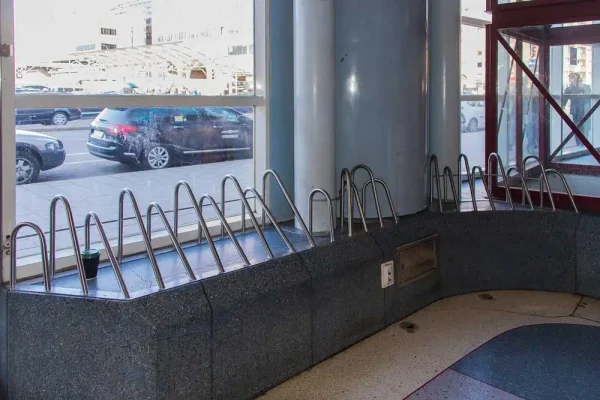Don’t do your homework
April 26, 2018
It’s 11 p.m. You have two tests tomorrow, a vocab quiz, and math homework due; and your book bag sits unopened at the foot of your bed. You slept for four and a half hours the night before, and you can feel your eyelids growing heavier and heavier each minute you spend looking up at the ceiling. Anxiety fills your chest and you can feel the pressure to do well pushing down on your shoulders. You need to choose, yet again, between your mental and physical health and good grades.
In a generation that both cares too much and not enough, this reality holds true for too many teens. Past midnight, social media posts of half-finished essays and “studying hard” captions fill one’s feed, making it seem almost normal for teenagers to receive little sleep because of homework. While procrastination and poor time management skills often act as culprits for pulling all-nighters spent cramming for a test, one could make the argument that acquiring the mentality to do work stands as the true thief of time. In a 2007 study by the University of Calgary, “80 percent to 95 percent of college students procrastinate,” and in another report by StudyMode, they reported that 51% of females and 42% of males in college procrastinate because they get overwhelmed and do not know where to start. For the hundreds of thousands of teens across the U.S. enrolled in high school, the thought of attending college feels daunting and constantly hangs over one’s head.
“I’ve spent all my life preparing for college. It’s not the end result, but it is a lot of pressure— I’m almost there,” sophomore Emmanuel Ogueri said.
With the pressure to earn straight As, participate in sports and extracurricular activities, form connections with teachers and friends, and maintain a healthy lifestyle, obtaining the recommended eight and a half hours of sleep a night seems like a challenging task. While not impossible, the National Sleep Foundation cited a survey that found that only 15% of teens report attaining the recommended eight and a half hours of sleep, showing that lack of sleep constitutes yet another norm for high schoolers across the US.
Drink water. Do your homework. Take a walk outside—a collection of simple tasks that somehow become so overwhelming. These feelings of stress and anxiety place pressure on a student, causing mental breakdowns, tears, and headaches.
“I always have a lot of work. If school is stressing me out, I either eat, do the easier homework first, or study for a class that I actually enjoy so that it’s like a mental break,” Ogueri said.
A person needs to know their limits when it comes to how to spend their 24 hours. Encouraging a weightlifter who can only bench 150 pounds to bench 300 exists as an unrealistic expectation, and the same holds true for a student who fights to balance school with the pressures that come with growing up. When it comes between choosing between one’s mental health and receiving an A on a test, students should consider their general wellbeing.
When was the last time anyone regretted obtaining a good night’s sleep?
While the feeling of earning a good grade on a test may bring an individual happiness, the long-run of this accomplishment fails to make a dent in one’s overall quality of life.
You have one lifetime. Four years of high school out of nearly 80 years total. 720 days of school. 5760 hours in one building. Receiving a less than perfect score on one test will not prohibit you from becoming successful in life, but developing detrimental habits, such as not getting enough sleep and bottling up stress, will.

















